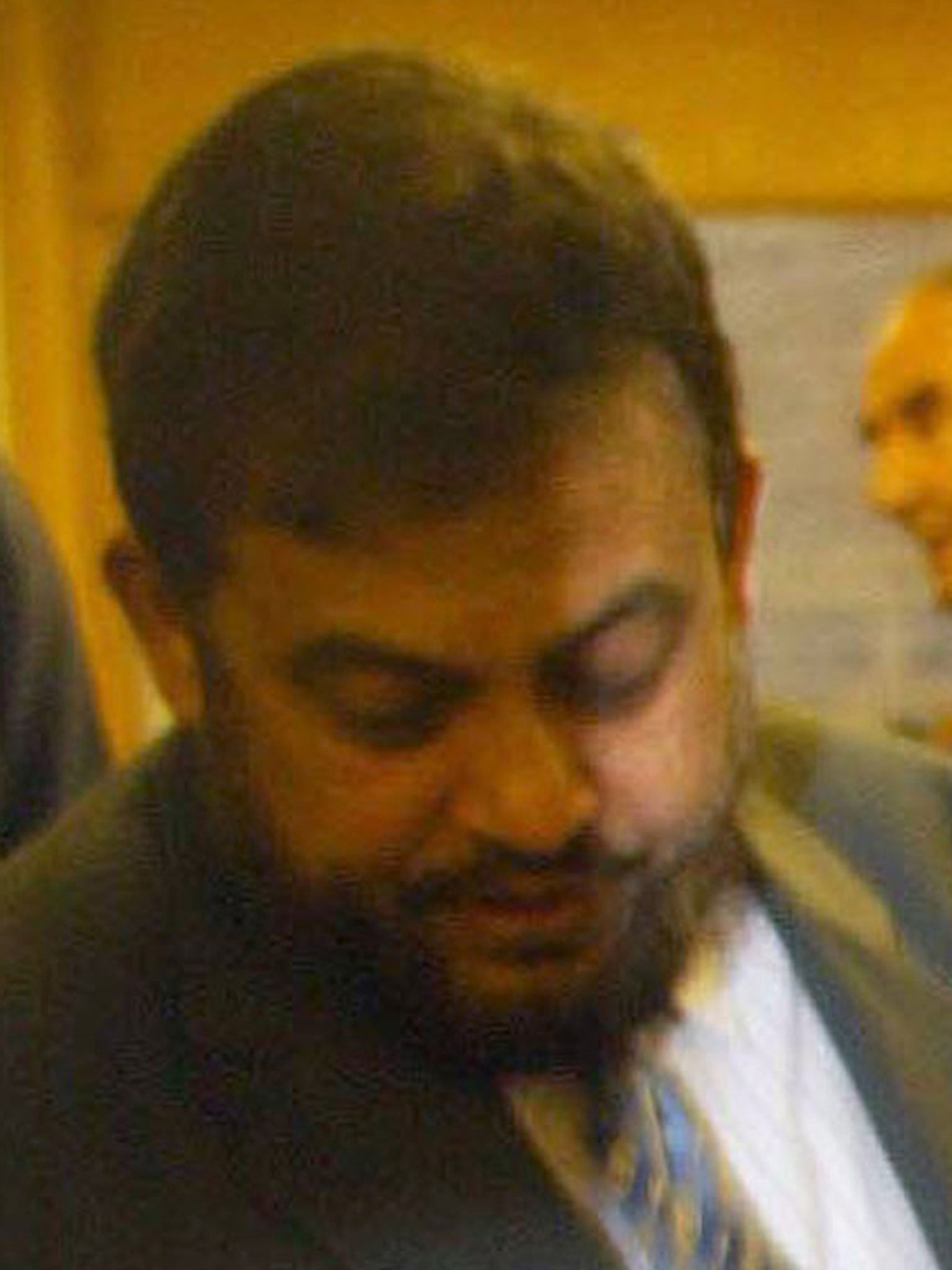UK Muslim leader Chowdhury Mueen Uddin sentenced to death in Bangladesh

A Special Court in Dhaka has sentenced two former leaders of the al-Badr killing squad to death for war crimes committed during Bangladesh’s war of liberation in 1971.
Chowdhury Mueen Uddin, a Muslim leader based in London, and Ashrafuzzaman Khan, based in the US, were sentenced in absentia after the court found that they were involved in the abduction and murders of 18 people – nine Dhaka University teachers, six journalists and three physicians – in December 1971.
Prosecutors said the killings were carried out between 10 and 15 December, when Pakistan was losing the war in Bangladesh (then East Pakistan), and were part of a campaign intended to strip the newborn nation of its intellectuals.
“Justice will be denied if they are not given death sentences for their heinous crimes,” judge Obaidul Hassan told the crowded tribunal, according to Reuters.
Lawyers representing Mueen denounced the verdict and said the court had staged a show trial.
The war, which claimed the lives of more than three million people, came to an end on 16 December, 1971, after the Eastern Command of Pakistani Armed Forces surrendered.
“The abduction and killings of these intellectuals were pre-planned by [the defendants],” Prosecutor Sahidur Rahman told The Independent. He said that prior to the war, Mueen and Ashraf were top leaders of Islami Chhatra Sangha, then student wing of the Jamaat-e-Islami political party, which had opposed the liberation war of Bangladesh.
During the war, Rahman said Mueen was the in charge of Al Badr, and Ashraf was the chief executor of the squad’s activities. Both men have denied the charges, and maintain that the trial was politically motivated.
Rahman said he hoped that attempts by the Bangladesh government to bring the pair back to Bangladesh for punishment would be successful.
“Ashraf is a US citizen now, residing in Jamaica of New York City,” said Rahman. He is also involved with the Islamic Circle of North America.
During the trial, the prosecution had also informed the Court that Mueen, besides being the former chairman of the East London Mosque, he was also formerly Director of the Muslim Spiritual Care Provision in the UK’s National Health Service, according to his website.
Before this ruling, the war crimes tribunal has delivered verdicts in eight cases against an expelled Jamaat leader and five senior Jamaat leaders. Two former ministers and leaders of BNP, the party that leads the 18-party opposition in Bangladesh, have also been convicted, sparking political protests on the streets in cities across the country, many of which have turned violent.
Join our commenting forum
Join thought-provoking conversations, follow other Independent readers and see their replies
Comments